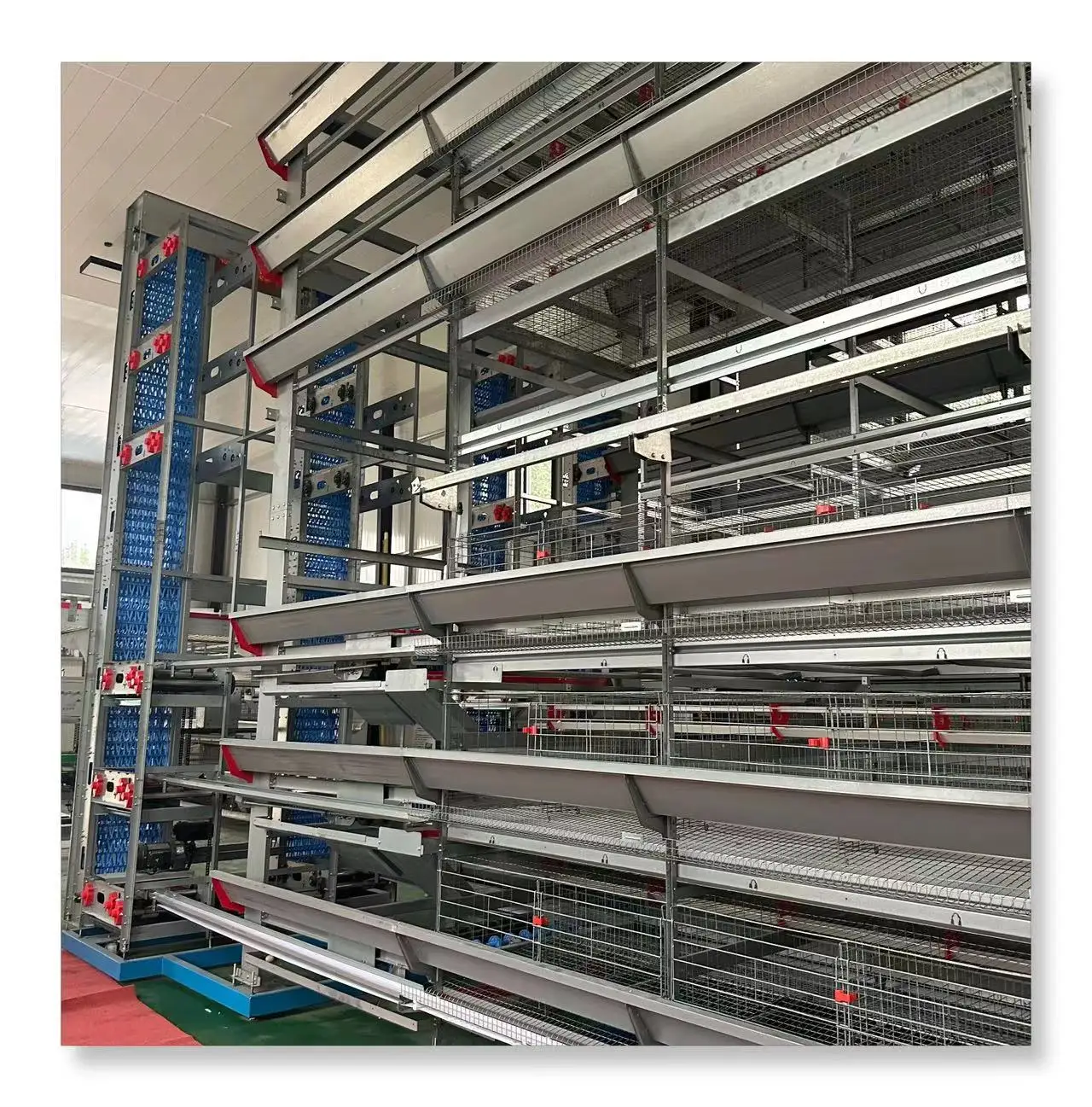plastic chicken cages
Nov . 21, 2024 15:07 Back to list
plastic chicken cages
The Rise of Plastic Chicken Cages in Poultry Farming
In recent years, the poultry farming industry has witnessed a significant transformation with the increasing adoption of plastic chicken cages. These innovative structures are revolutionizing the way poultry is raised, offering numerous advantages over traditional metal cages. As the demand for efficient, sustainable, and animal-friendly farming practices grows, plastic chicken cages are becoming an attractive option for farmers worldwide.
One of the primary benefits of plastic chicken cages is their lightweight nature. Made from high-density polyethylene (HDPE) or polypropylene, these cages are easier to handle and transport compared to their metal counterparts. This not only saves time during setup but also reduces labor costs, making poultry farming more efficient. Farmers can quickly reorganize their facilities to accommodate changes in production or flock size, demonstrating the flexibility of plastic cages.
Plastic chicken cages are also highly durable and resistant to corrosion, which is a significant concern in the poultry industry. Metal cages can rust and deteriorate over time, leading to increased maintenance costs and reduced lifespan. In contrast, plastic cages can withstand harsh environmental conditions, ensuring longevity and reliability. This durability means that farmers can focus more on their operations without worrying about frequent replacements and repairs.
plastic chicken cages

Additionally, plastic chicken cages offer improved hygiene and biosecurity features. The non-porous surface of plastic makes it easy to clean, preventing the buildup of harmful bacteria and parasites that can adversely affect the health of the birds. Regular cleaning and maintenance become simpler, leading to improved overall flock health and productivity. Moreover, the design of plastic cages often includes features that enhance ventilation and reduce stress among birds, promoting their welfare.
Sustainability is another crucial consideration in modern poultry farming. Plastic chicken cages can be made from recycled materials and are often recyclable themselves, making them an eco-friendly choice. As the industry shifts towards more sustainable practices, adopting plastic cages aligns with the goal of reducing environmental impact.
In conclusion, plastic chicken cages present a promising solution for the poultry farming industry. Their lightweight nature, durability, ease of cleaning, and sustainability make them a viable alternative to traditional metal cages. As more farmers recognize the benefits of these innovative structures, the future of poultry farming looks set to embrace change while enhancing productivity and animal welfare.
-
Automatic Feeding Line System-Pan Feeder Nipple Drinker|Anping County Yize Metal Products Co., Ltd.
NewsJul.29,2025
-
Hot Sale 24 & 18 Door Rabbit Cages - Premium Breeding Solutions
NewsJul.25,2025
-
Automatic Feeding Line System Pan Feeder Nipple Drinker - Anping County Yize Metal Products Co., Ltd.
NewsJul.21,2025
-
Automatic Feeding Line System Pan Feeder Nipple Drinker - Anping County Yize Metal Products Co., Ltd.
NewsJul.21,2025
-
Automatic Feeding Line System - Anping Yize | Precision & Nipple
NewsJul.21,2025
-
Automatic Feeding Line System - Anping Yize | Precision & Nipple
NewsJul.21,2025






